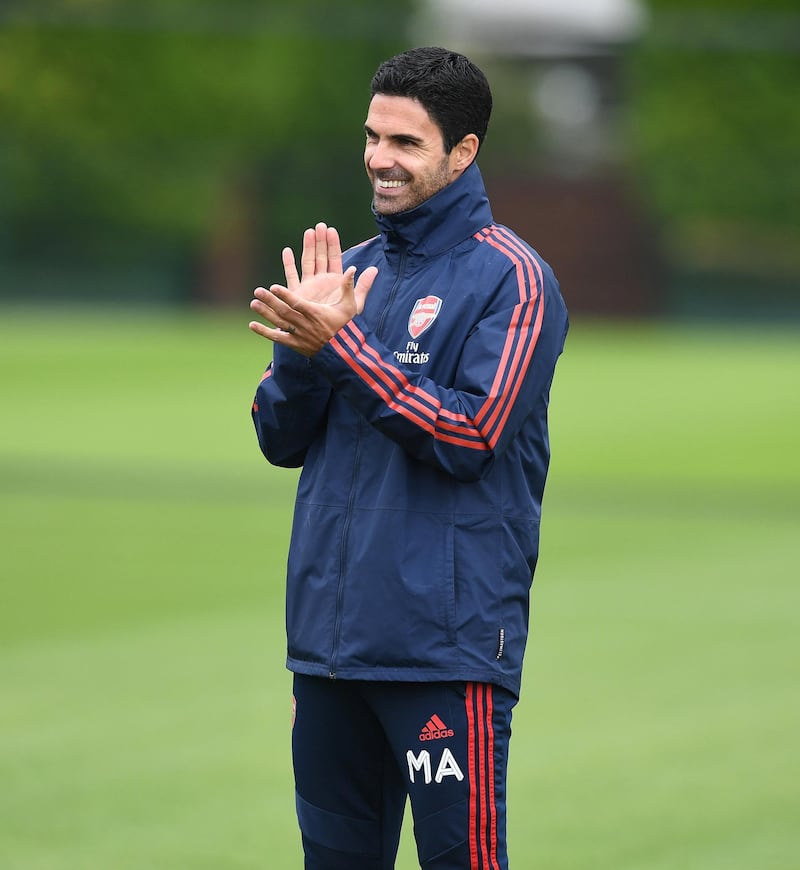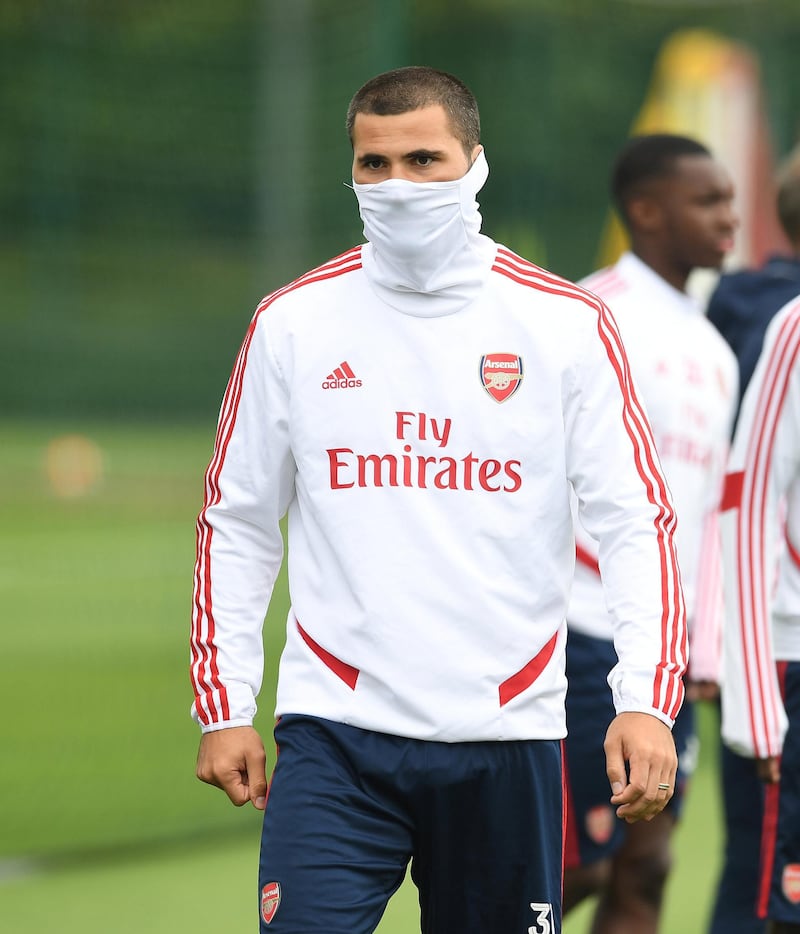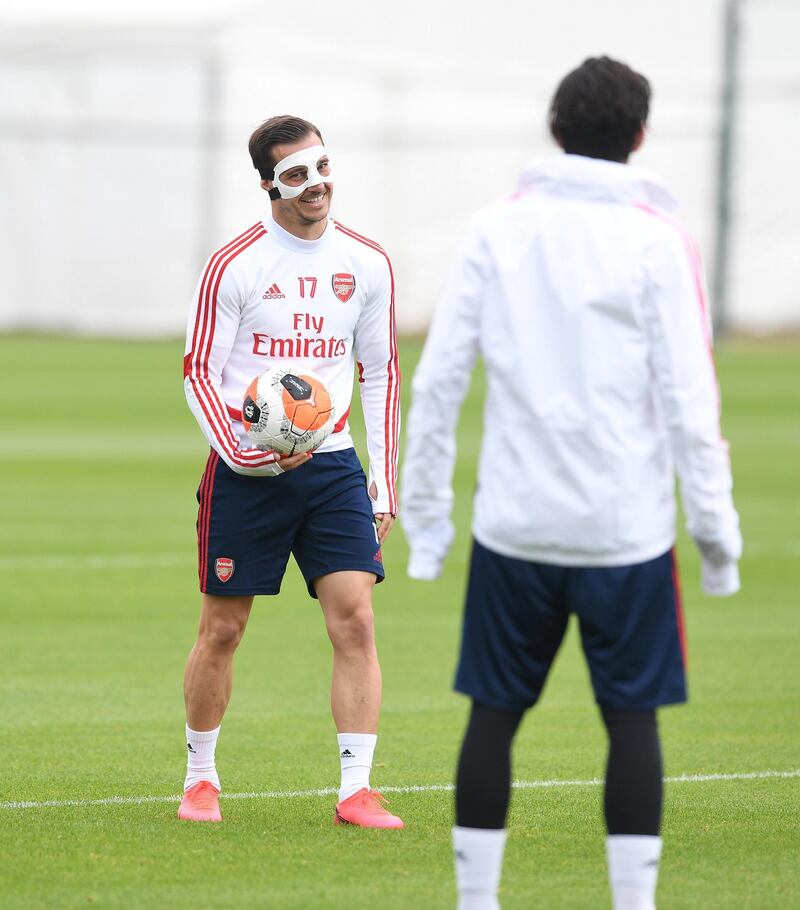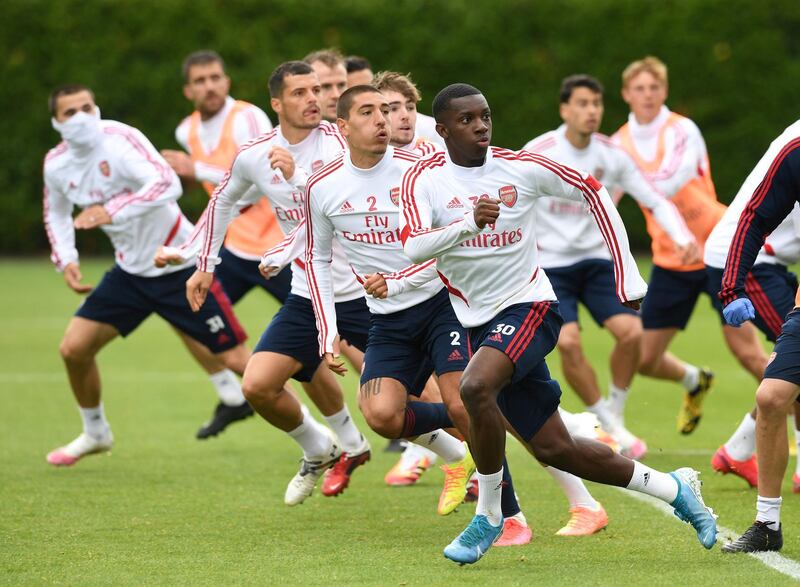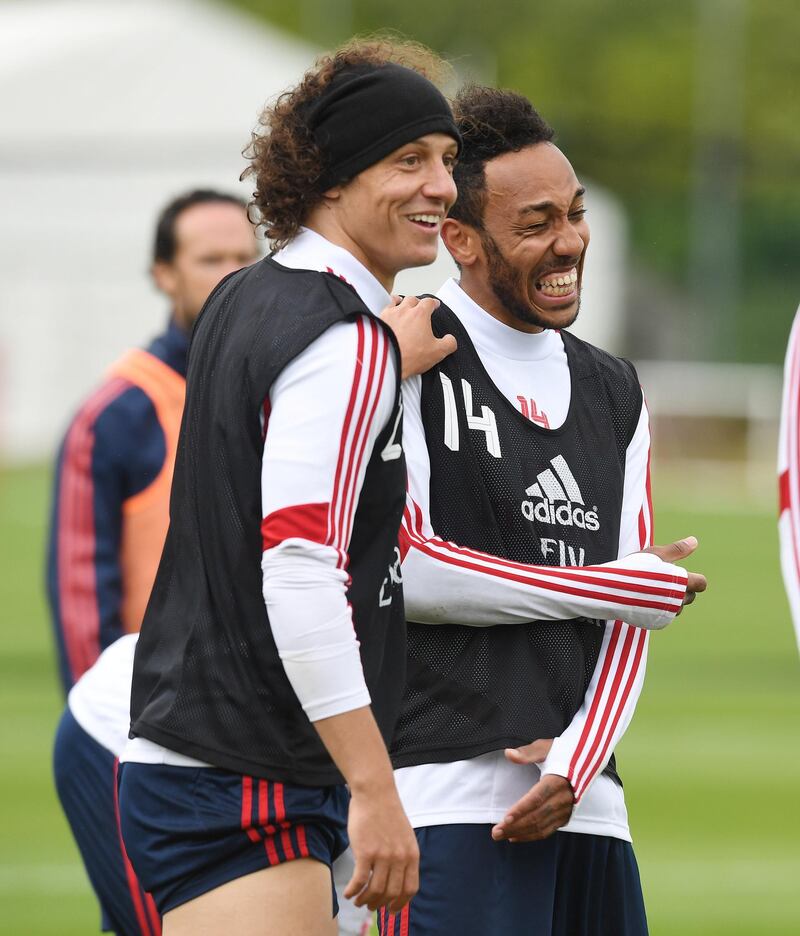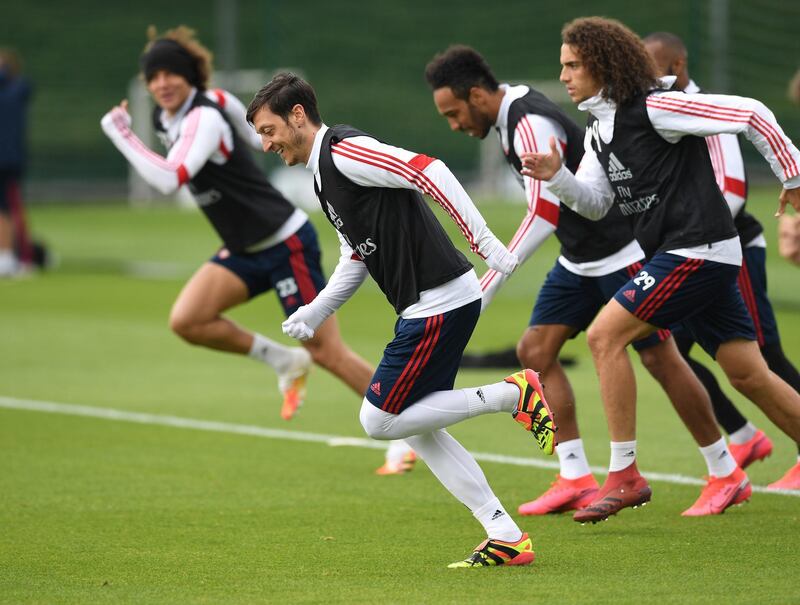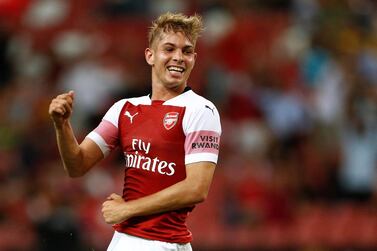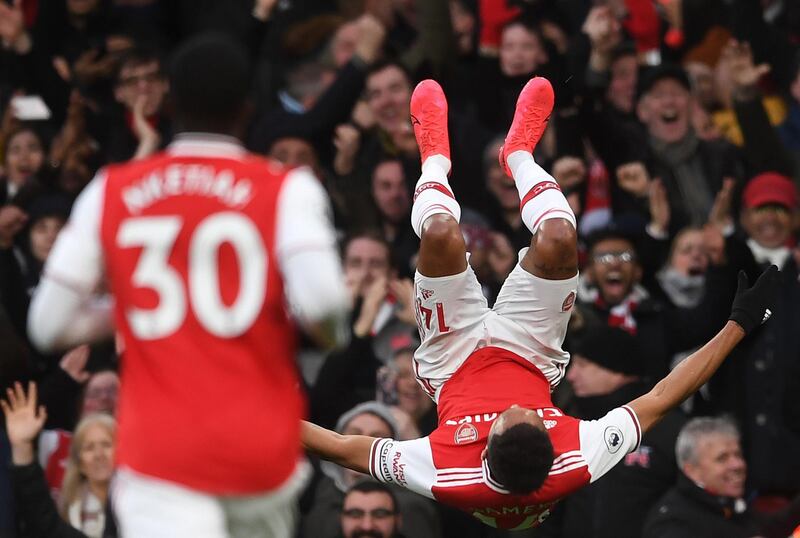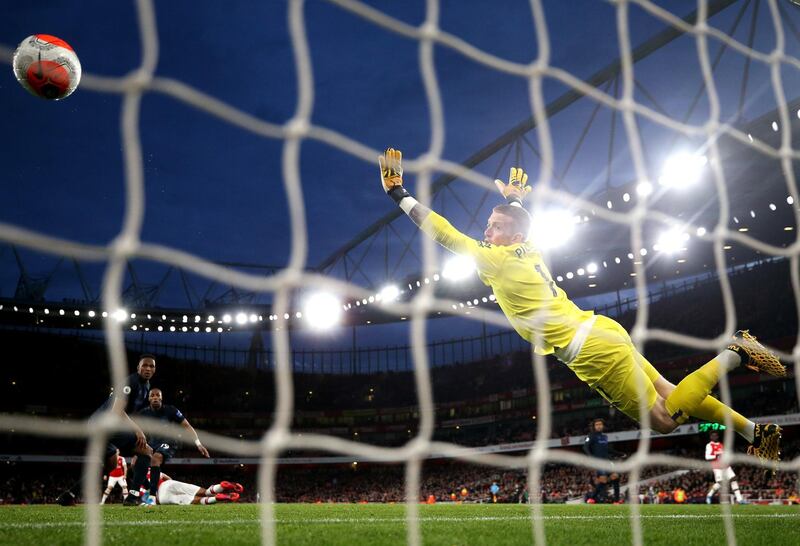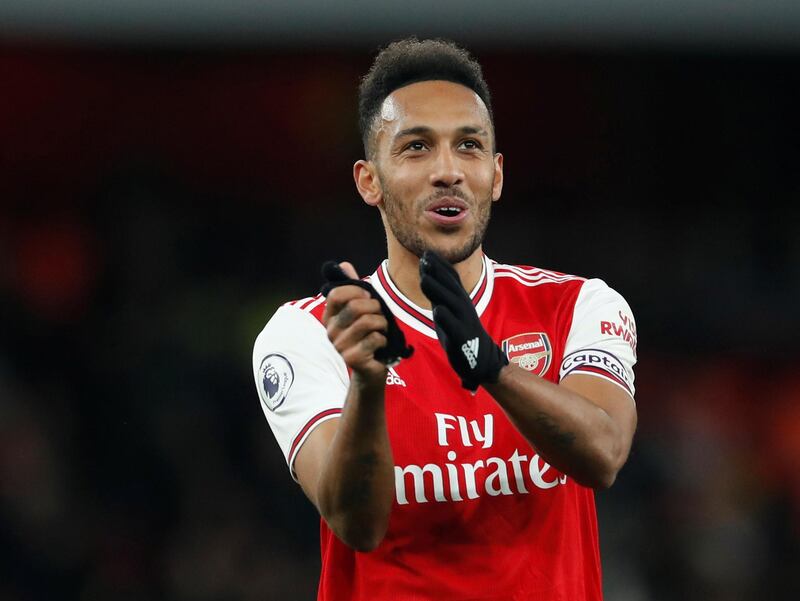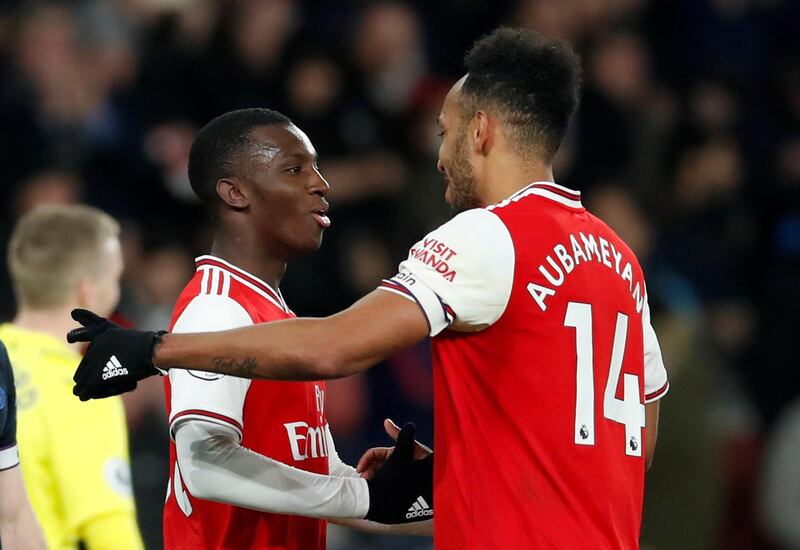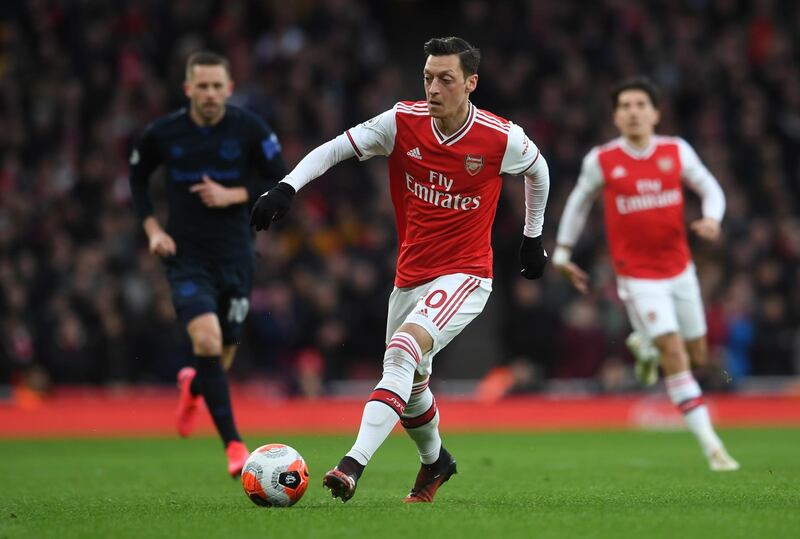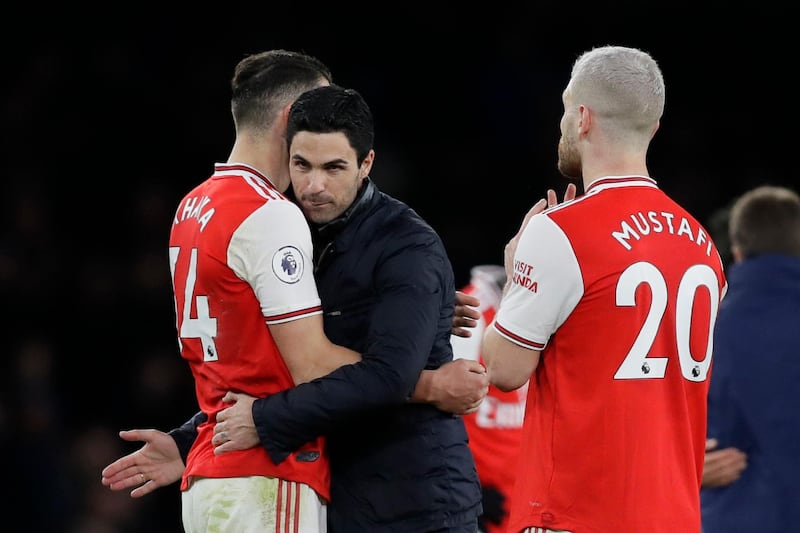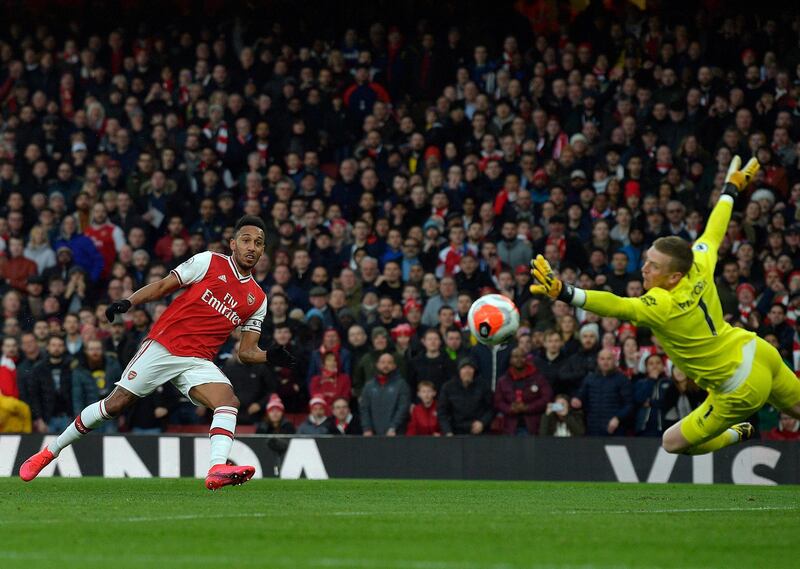As Mikel Arteta first prepared for his 11th match as a Premier League manager, he made a point of thanking a mentor and friend for helping him reach this elevated stage.
It was early March, and Arteta spoke warmly of the close friendship he maintains with Pep Guardiola, whom Arteta served as deputy through a period of unprecedented success at Manchester City.
They had kept in touch after Arteta’s departure in December to take the senior job at Arsenal, Arteta said. They would talk about “life”, as well as tactics and strategy. After mid-March, they talked only about life.
Arteta tested positive for coronavirus that month. Guardiola's mother then passed away from the effects of the disease.
Sport had little relevance then, and the Premier League, in which Arteta’s Arsenal had originally been due to play at Guardiola’s City on March 11, has since been confined to the background for 98 days because of the pandemic.
When it makes its sober, silent return on Wednesday night, a highlight will be to see Arteta in full health. He appreciates he was one of the lucky ones, a young 38-year-old who came through the virus without grave symptoms.
Arsenal’s players have learned more about Arteta during the closedown, through long conversations via small screens, as was necessary during the periods of isolation, and found him a strong communicator, perhaps a little warmer than they had anticipated, ambitious and diligent.
In career terms, there can be no haste to judge him. Arteta took charge of his first match as a manager only on December 26. He will end this season, assuming the Premier League’s ‘biosecure’ arrangements pass off successfully, with 20 league fixtures on his managerial CV.
That’s just over half a campaign. His predecessor as permanent manager, Unai Emery, lasted 51 league games. The man who guided Arsenal before that, Arsene Wenger, settled in for 22 years.
This is not a club that wants to fall into trigger-happy habits, and the fact that three different men have been in charge - Freddie Ljungberg acted as caretaker in between Emery’s departure and Arteta’s appointment - makes this a peculiar season.
__________________
Richard Jolly: Losing Aubameyang would be hammer blow to Arsenal's top-four plans
__________________
It is also season three of a hard-to-conceal decline. The last time Arsenal played in the Champions League was more than two years ago; their previous failure, before 2018, to reach the opening phase of that competition had been deep in the last century.
Arteta, a former Arsenal player, studied and knew the challenges, like the recurring brittleness of the team, the financial constraints on a club whose excellent modern stadium is built for grand European nights but needed heavy borrowing to construct.
What nobody could have foreseen is that the next month of ‘home’ fixtures at the handsome Emirates will be played in front of empty seats, a condition, in the age of the pandemic, of the Premier League resuming.
It was put to Arteta, looking ahead to Wednesday night's rescheduled return to the Etihad, that the behind-closed-doors conditions might actually ease one particular neurosis for modern Arsenal: the anxiety around away trips to the so-called ‘Big Six’.
Arsenal have not won at Liverpool, City, Manchester United, Chelsea or Tottenham Hotspur in the league for more than five years.
“Some aspects you can take advantage of,” Arteta said of spectator-free arenas. “When there is no crowd and you can’t feel the energy, the push and the drive, the intensity drops a little bit.”
A month of behind-closed-doors Bundesliga football suggests home advantage is a diminished factor.
Meanwhile, a lesson from the first two months of Arteta’s stint at Arsenal - and a run of eight matches undefeated - is that the notion of away-disadvantage for Mesut Ozil is also an idea worth challenging. Arteta has picked the enigmatic German to start more away games than Emery had taken to doing.
Arteta says there can be “no excuses” in the new normality of elite football. The break in action has had some small benefits, with Lucas Torreira and Kieran Tierney closer to full match fitness than they were in March.
The new manager will be excused if Arsenal cannot make up the eight points that separate them from fourth place. He will be even be excused if any failure to reach the next Champions League means the club's most valuable asset, Pierre-Emerick Aubameyang, who has one more year on his contract, seeks to move elsewhere.
But Arteta will generate doubts from an impatient fanbase if there are not clear signs of growth, given the club’s bank of promising young players.
“We have some really talented boys and we will be forced to use some of them because of the amount of games,” he said.
